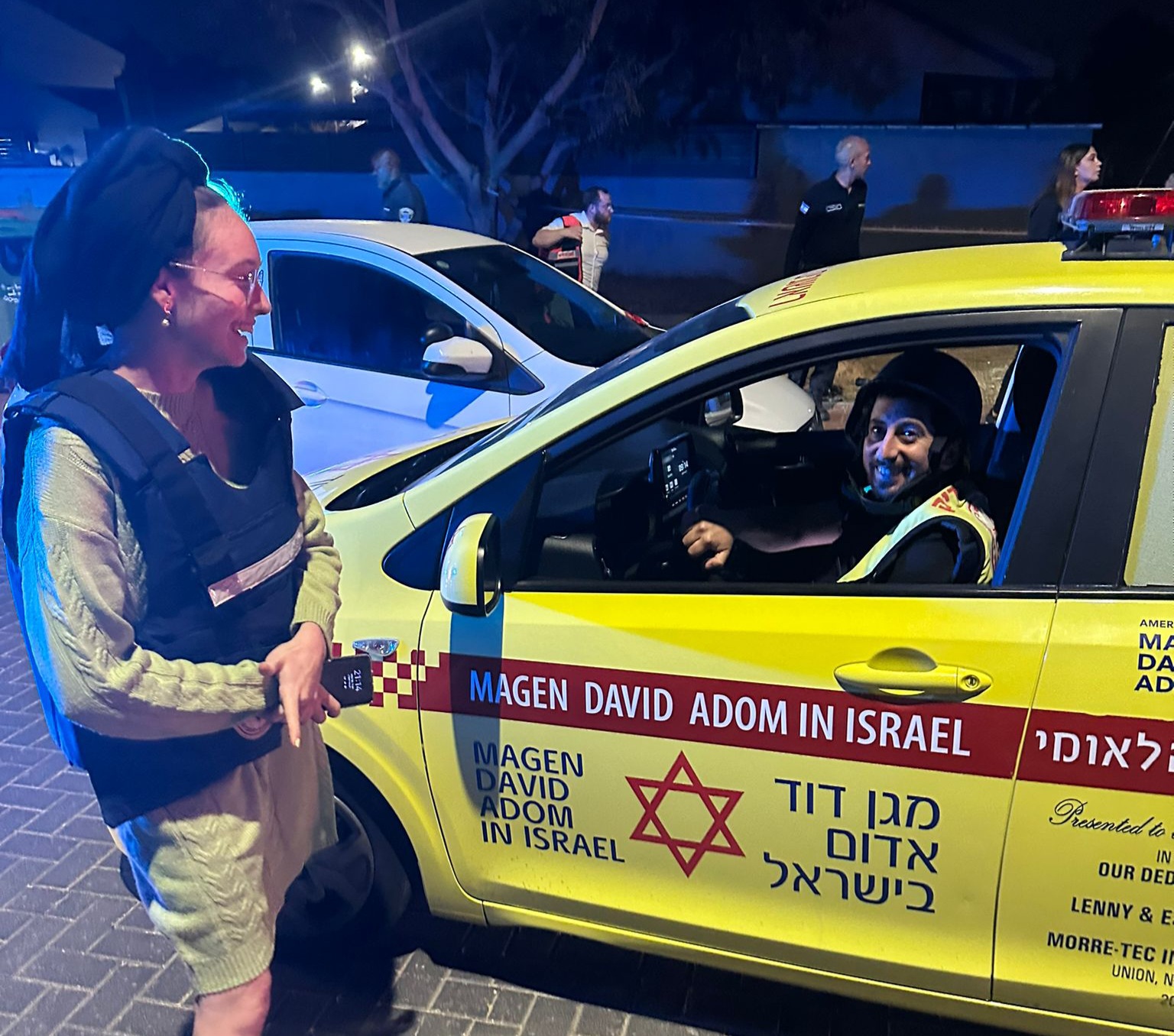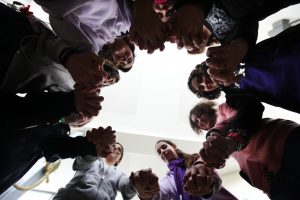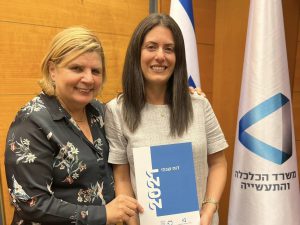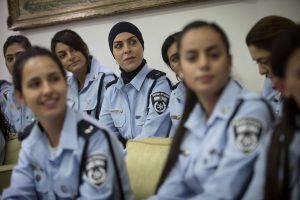Reduced Inequalities


Home » Reduced Inequalities » SDG 10 – Real-Time Safety Net
SDG 10 – Real-Time Safety Net
Who takes care of civilian victims when rockets fly overhead? Not a question usually asked, of course, unless you live in Israel – once again last week in the country’s south. Sigh.
Not to worry; the country very much comes together in the face of danger and is well prepared to deal with the individual needs of its citizens. They can rely on a range of bodies concerned with their welfare – such as the Health Ministry and the National Insurance Institute (NII), which together guarantee free and readily accessible help to trauma victims. The NII is also there to assist with medical costs and absence from work issues.
Alongside the security aspects of protection, during last week’s incidents there was the vital issue of getting people out of harm’s way. In this context, the Social Services Ministry assisted seniors living in retirement homes to temporarily relocate to homes in safer regions of the country. In addition, the Defense Ministry conducted a broad evacuation program in which more than 12,000 residents of risk areas took part (such evacuees could also take advantage of discounts offered as a special gesture by hotels and various attractions in locations north of their places of residence).


While that was happening, there was of course the business of real-time medical treatment on the ground in affected areas. This was a no-brainer for Israel’s seasoned national emergency pre-hospital medical and blood services organization, Magen David Adom (MDA) as well as other groups such as the volunteer-based emergency medical services body United Hatzalah. During the tumultuous week, MDA treated 77 people – 32 physically injured and 45 of them trauma victims.
That’s not all. Both Israel’s Health Maintenance Organizations and a number of relevant NGOs moved into high gear, including in the context of trauma victim hotlines. Regional frameworks in the south of course lent a hand, including via an emergency center run jointly by the secular and religious kibbutz movements, the moshav movement and the regional municipality.
Other volunteer activity included that of the Yedidim NGO, which provides basic “non-medical first aid” on the road and in homes. Last week, the organization was called upon at least 1,000 times to assist with window and door issues concerning reinforced security rooms.
Despite the obvious risk, Israelis always know that particularly in times of crisis they can rely on the Government and civil society safety net to makes things at least a bit easier. That knowledge can go a long way when rockets fly overhead.
Related articles


SDG 10-Arab Empowerment: Continuing the Momentum
Reduced Inequalities Two months ago we asked the question: “Will Israel’s New Budget Advance SDGs?” Well, the country’s first budget in three years (covering fiscal


SDG 10 – Equality Watchdogs on the Job
Reduced Inequalities If the hundreds of entries that we’ve posted here demonstrate anything, it’s that the BIG story of Israel in the past decade is


SDG 10-Equal Opportunity for Arab Israelis – Part 2
Reduced Inequalities Updated: November 2020 Part one of this series on the status of equality for Israel’s Arab community following the 2015 adoption of a


















